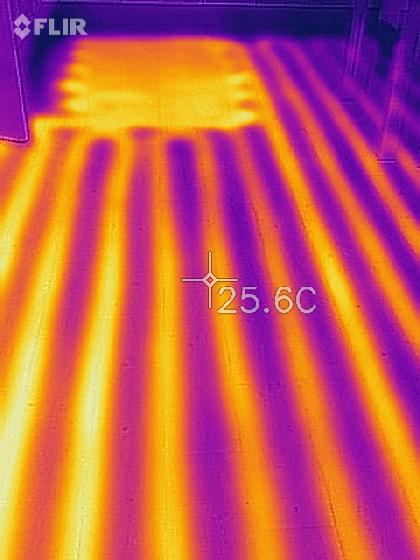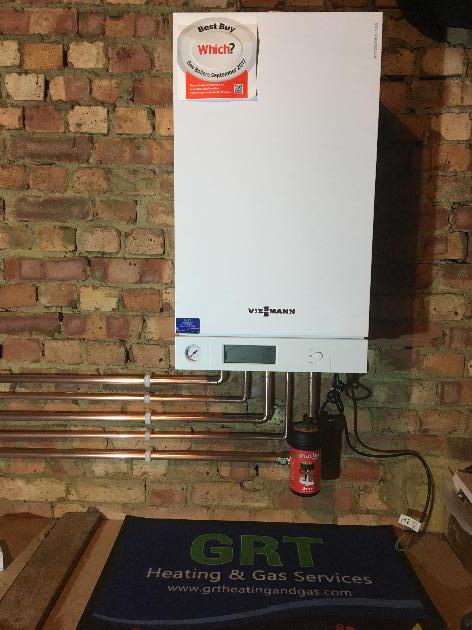Are you a private landlord in England or Wales? If so, you can’t afford not to read on…
Important changes are being made to the energy efficiency regulations and you need to be aware how this could affect your properties or you could be risking a significant fine.
1. What’s changing and when?
As of April 1st 2018 any private sector rental properties will be required to have an Energy Performance Certificate (EPC) with a rating of E or higher. This will apply to new lets and renewed tenancies from April 2018 and will then be applied to existing tenancies from April 2020.
After those dates it will be unlawful to rent a property without a rating of E (excluding some specified exemptions). Landlords found to be in breach of these regulations face civil penalty fine that could be as much as £5,000.
2. Which properties are affected by the changes?
The new regulations apply to private, domestic rented properties in England and Wales which are let under an assured tenancy or a shorthold. The tenancy should be regulated under the Rent Acts including assured agricultural occupancy, protected and statutory tenancies under the Rent Act 1976.
The properties affected are any domestic, privately rented properties which is required by law to have an EPC or is contained within a larger unit which is required to have one. This includes houses, flats and self contained units but isn’t applicable to bedsits. The EPC cannot be more than 10 years old.
3. Which properties are excluded?
Protected buildings and structures (such as those with listed status or restricted environmental regulations) are exempt if the measures needed to improve energy efficiency will alter the character or appearance of the building. In addition, temporary structures with intended use times of 2 years or less, residences used for less than 4 months of a year and buildings with floor area of less than 50 square metres are also exempt.
4. Are there rules about how energy efficiency is improved?
There are no regulations relating to how the energy efficiency rating E is achieved so it is up to individual landlord what work is carried out on the property. The regulations stipulate that only cost-effective improvements should be made and it’s possible that a landlord could be exempt in some cases. For example, if a landlord can prove that they’ve taken all possible cost-effective measures to make improvements but the rating still remains below E. Or, in some cases, the landlord may be unable to obtain consent from the occupying tenant.
5. Are there exemptions?
Any properties which are exempt from the new regulations need to registered on the PRS Exemptions Register. It will will be open for registration from October 2017 and failure to register will be seen as non-compliance with the regulations. Once a property is assessed and declared exempt this remains valid for 5 years. After that period it would need to be reassessed.
6. How are the regulations enforced and what are the penalties?
The regulations will be enforced by the local authority who will serve landlords with compliance notices to confirm properties either meet the required standards or have been declared as exempt. If they find a landlord has not complied with either they are able to issue a penalty fine which, cumulatively, could reach up to £5,000. A landlord can request a review of a penalty notice followed by an appeals process if they are still not satisfied with the local authority’s decision.
If you require any further information give GRT heating & gas services a call, we can advise you what to do to make sure you are well prepared, in Staines upon Thames , Surrey, Middlesex, & London.










